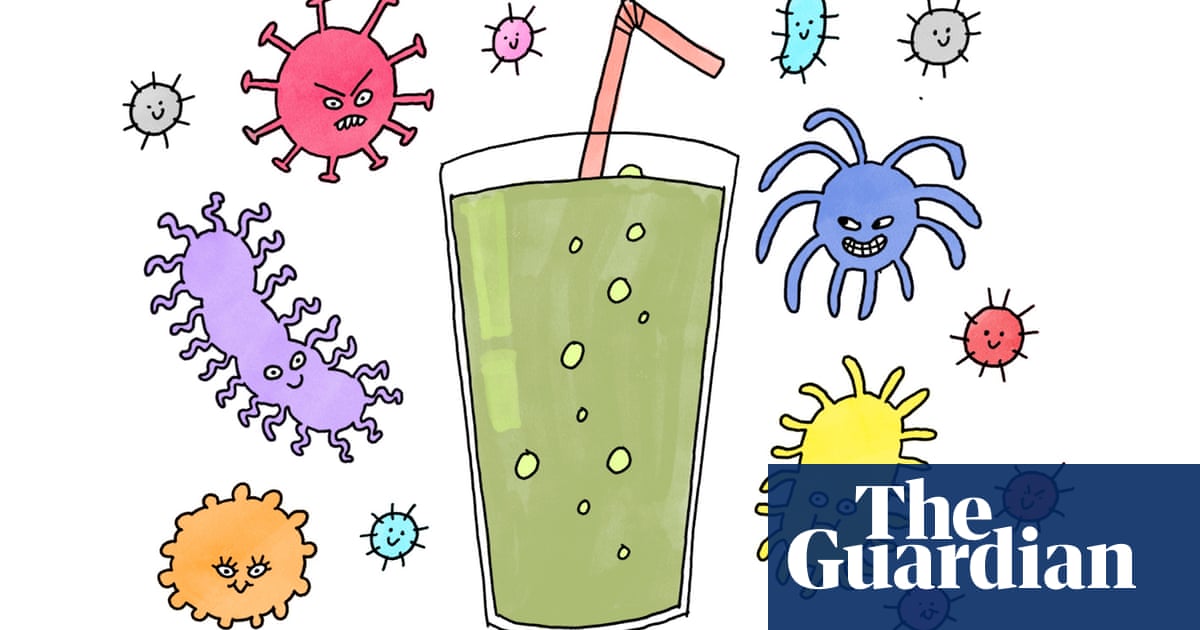After a boozy weekend or a takeaway-heavy week, it’s tempting to believe that a “detox diet”, like a juice cleanse, might undo the damage. But is that how our bodies actually work?
According to Dr Emily Leeming, a dietitian at King’s College London, the answer is: no. “Your body has a natural built-in detox system that helps eliminate potentially harmful molecules and waste products,” she says. “You don’t need a special diet.” She adds that “toxins” has become a “scary term” but it’s normal for your body to process these kinds of molecules.
Your liver filters out unwanted substances from your blood, such as alcohol and its by-products, and excess fats; your kidneys flush out waste through urine. Meanwhile, your gut microbes play a supporting role, helping to break down certain compounds in food and drink, and binding potentially harmful molecules together so they can be excreted.
If our internal detox system works just fine on its own, why has there long been an obsession with juice cleanses? “It feels a bit puritanical,” says Leeming, “and it’s counter-intuitive. Your detox organs actually need energy and nutrients to function well. By dieting, you’re not aiding those organs, you’re depriving them of their energy source.”
Take the impact of a juice cleanse, for example: “You’re not getting enough protein. You’re not eating balanced meals. You’ll probably feel incredibly hungry, and not sleep well.” Doing it for a few days probably won’t do long-term harm, she adds, “but it’s a lot of suffering for little or no gain”.
Sign up toInside Saturday
The only way to get a look behind the scenes of the Saturday magazine. Sign up to get the inside story from our top writers as well as all the must-read articles and columns, delivered to your inbox every weekend.
after newsletter promotion
Instead of a punishing cleanse, she says, if you feel as though your body’s in need of a “detox”, you’re better off feeding it well. A key player here is fibre: the nutrients found in legumes and wholegrains help the gut trap and eliminate unwanted compounds. “Hydration is important too,” she adds.
